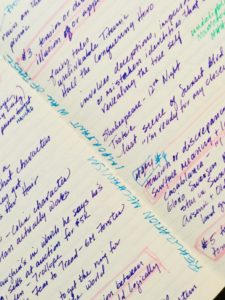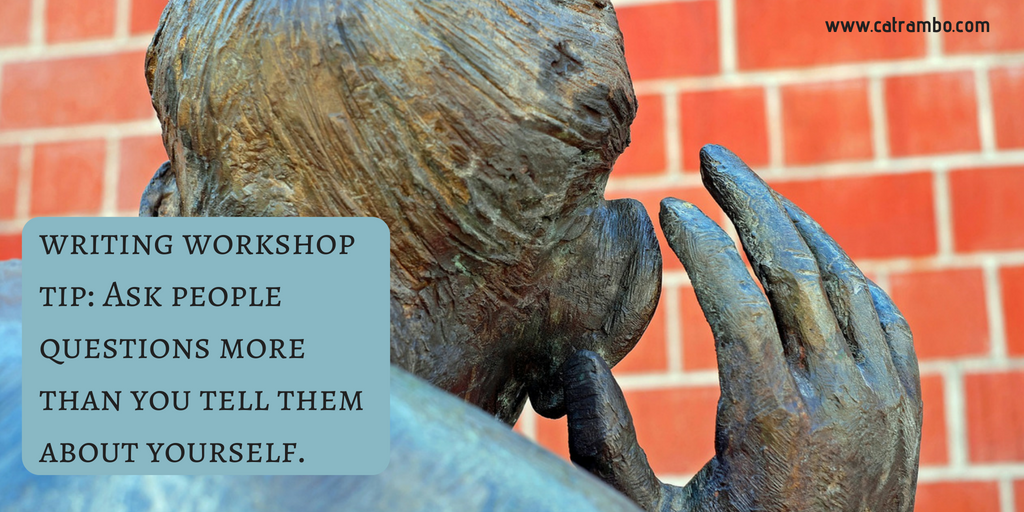I’m pleased to announce that the Rambo Academy for Wayward Writers is once again expanding its offerings.
This answers a question that writers have expressed to me over and over again in workshops, on panels, in e-mail and one-on-one conversations, including several of the mentoring sessions I did last weekend at DragonCon:
How do I find a writing group of other fantasy and science fiction writers so I can trade critiques?
I’ve got an answer now that I feel 100% happy with: the Rambo Academy for Wayward Writers #Critclub.

#CritClub is an online space where fantasy and science fiction writers of all levels can talk with each other and exchange story and novel critiques. Its Discord server provides chat rooms where members can trade critiques as well as discuss market news, tips, and trends, recent rejections, and supportive advice and feedback. Critiquing is totally optional and there is no pressure to participate! Join for the gossip and chatter if you feel so inclined.
Ways to sign up for #Critclub:
- Do you support me on Patreon at the $2 or more level? Then you’re already signed up and should be able to access the Discord server.
- Are you already a member on the Chez Rambo server? Like the Patreon supporters, your access is already there. Thanks for being part of the community!
- Subscribe using one of the buttons below for $5 per month or $50 per year. After you subscribe, you will receive acknowledgement and an invitation to the Discord server within 24 hours.
- Can’t afford it? I understand that these expenses add up. As with the classes, I’ve got plenty of free slots available, with the only criteria being that you think it would be useful to you as a writer but can’t afford it. I particularly encourage you to apply if you’re a writer of color, QUILTBAG, a person with disabilities, or are otherwise othered. We want you as part of the community. There is no obligation to participate in the critiquing portion.
How the Critclub Critique System Works
Members receive 3 credits when they sign up; everyone currently participating has 3 as well.
The cost of putting a story up for critique is:
- 1 credit for a story up to 7500
- If the piece is longer, 1 additional credit for every 5000 words above that
You earn credits at the same rate. Credits are non-transferable.
Initially this will run on the honor system; if need be, we’ll add something more formal. Tips and formatting for critiquing are here, but as a rule of thumb, critiques should be at least 250 words (ish) and address developmental issues rather than line edits (unless the author requests otherwise).
Additional Rambo Academy for Wayward Writers Community Benefits
Each week, channel #thepanel will feature discussion centered on a specific topic, sometimes with guest moderators to lead discussion. September’s topics are: Week 1: Conventional Talk (Whether Conventions are worthwhile and how to make the most of them), Week 2: The Coaxing, Care, and Feeding of Story Ideas, Week 3: The Fine Art of Rejectomancy, or How to Use Rejections to Get Better, and Week 4: What’s the Slush Pile Like?
Channels include Rejectomancy for discussing submissions, Motivation, Market News and Book Club for discussing recent reading, among others.










31 Responses